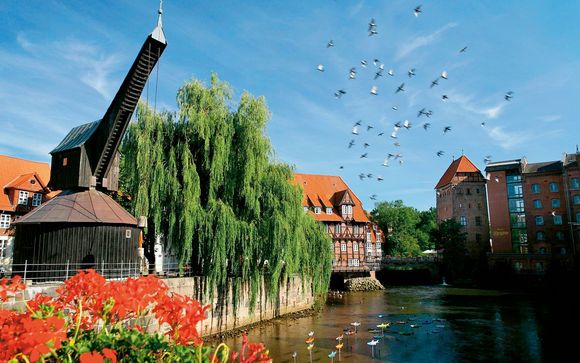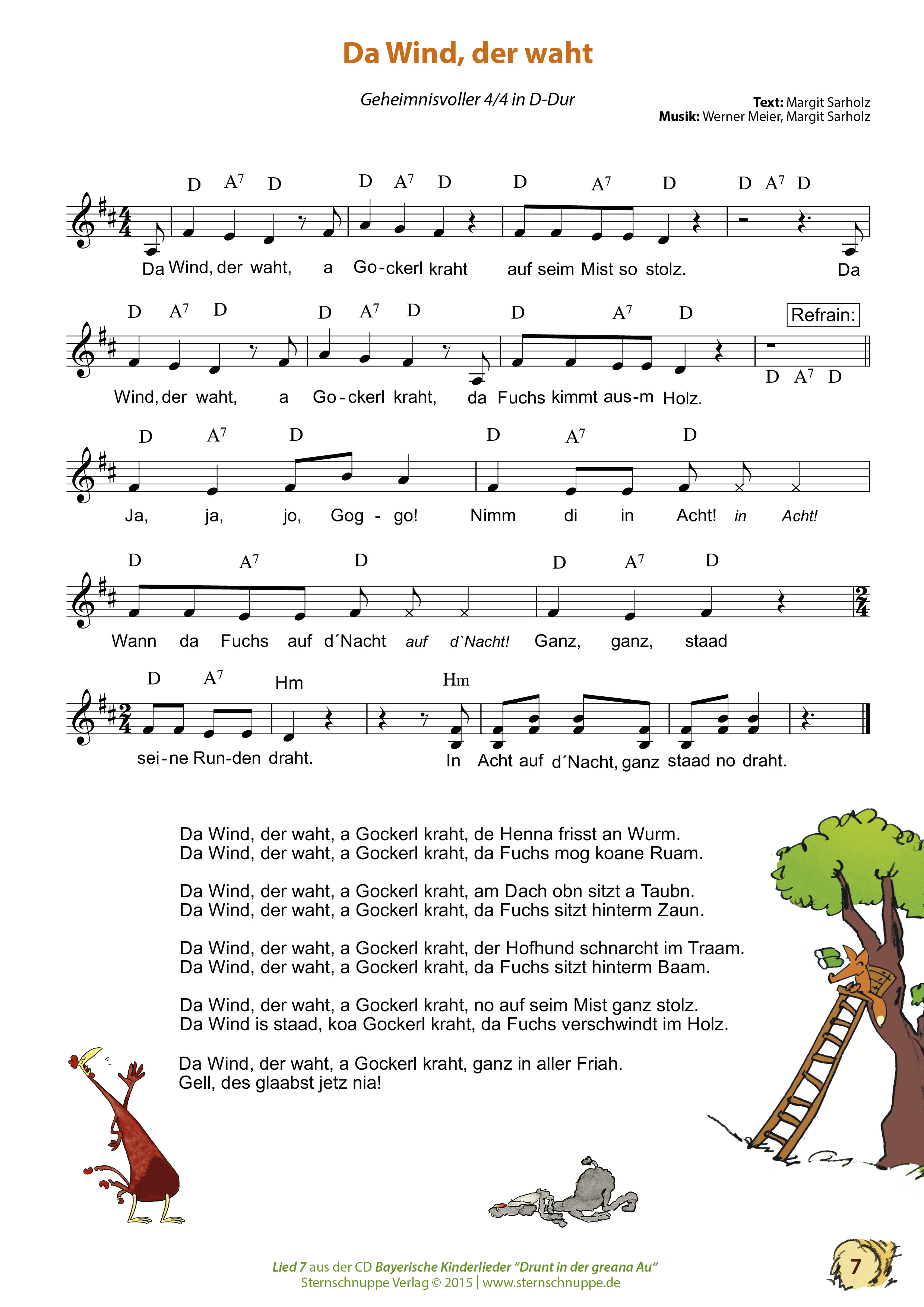


In the 2011 tragic comedy Almanya: Wilkommen in Deutschland ( Welcome to Germany ), director and writer Yasemin Şamdereli presents us the story of three generations of a Turkish immigrant family in Germany that adapts and portrays identity politics and questions of belonging faced by the Turkish guest workers and their descendants.Īlmanya spans two parallel storylines taking place in different time periods, one of a family moving from Turkey to Germany as foreign workers, the other is of the same family years later returning to Turkey for a visit as German citizens. On arriving in Turkey the film degenerates into a sentimental melodrama, as each member of the family finally fulfils their destiny.Seventy years after Germany’s infamous Wirtschaftswunder (economic miracle) and the bilateral deals with various countries to bring in foreign labor for the restructuring of the country, Germany’s ethnic diversity has not been the same since. They are also the pretext for a clever narrative trick: Cenk does not speak Turkish, so to explain the degree of misunderstanding and alienation encountered by his grandparents and parents, then children, the Turks speak German and the Germans Turkish.

These passages are the best part of the film, showing the postwar boom decades in a new light. To distract the youngest member of the family, Cenk, 10, who is at a loss to know whether he should side with the Germans or Turks when he plays football during school breaks, other members of the family undertake to tell him their story, illustrated by long flashbacks. The day after receiving his German passport, Huseyin announces that he plans to take the whole tribe – of which the youngest generation has branched out into mixed marriage – to visit the village in Turkey where he and his wife were born.

The film still has some pleasant moments, though.


 0 kommentar(er)
0 kommentar(er)
